
The Great Gold Toilet Heist at Blenheim Palace
The audacious heist of a gold toilet highlights the intersection of art, crime, and planning.


The audacious heist of a gold toilet highlights the intersection of art, crime, and planning.

Over 1,000 QR code stickers on gravestones in Munich spark police investigation and community concern.
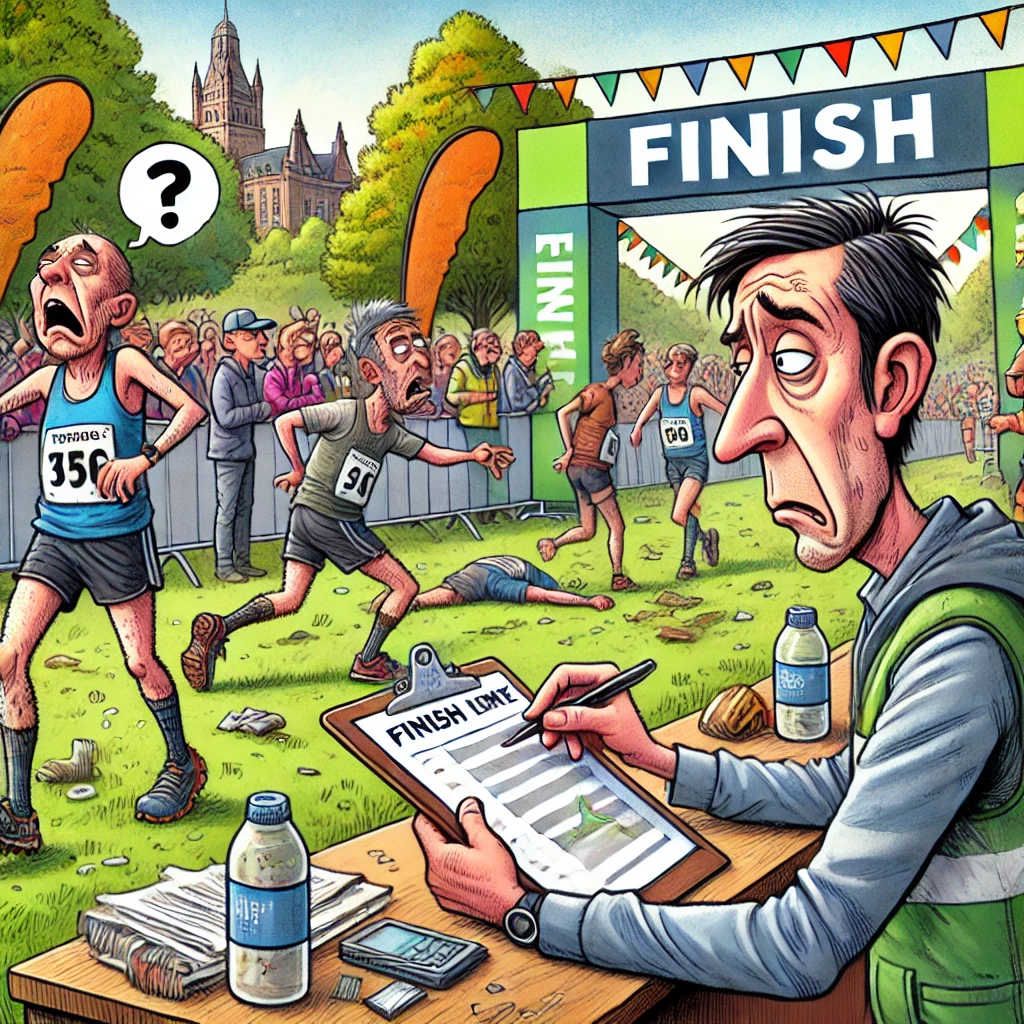
A prankster misled Glasgow 10k runners, causing safety concerns and a significant detour for participants.

The intense 4 Nations Face-Off match showcased fierce rivalry, fueled by political tensions and passionate fans.
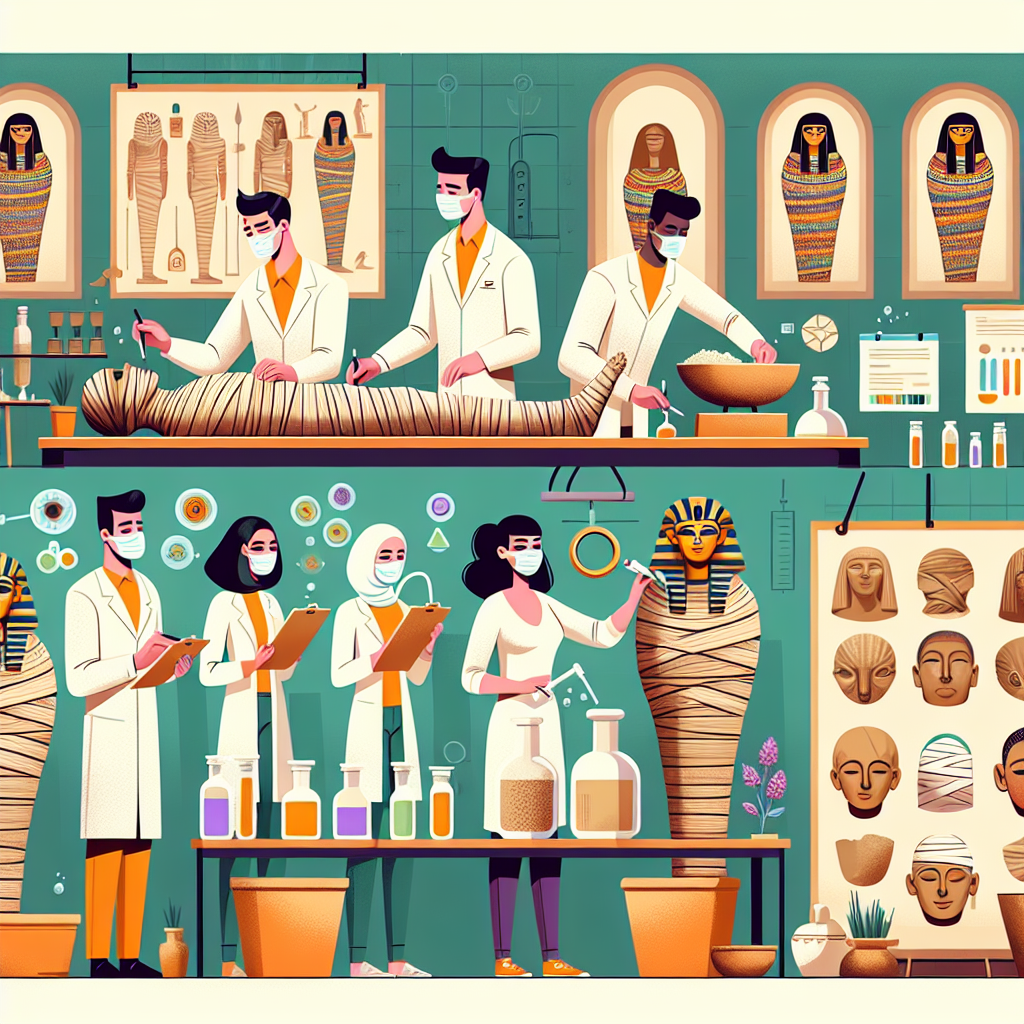
Ancient Egyptian mummies emit delightful scents, revealing secrets of their mummification and cultural practices.
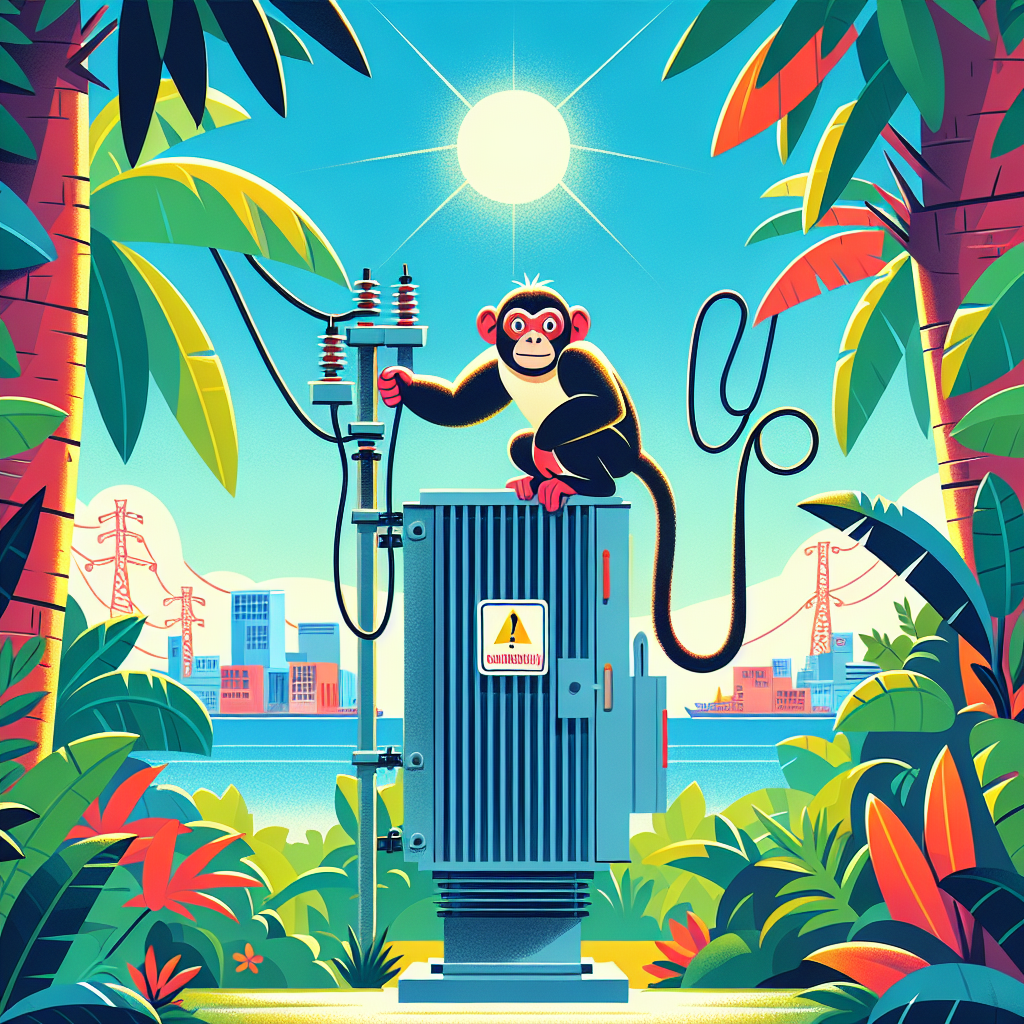
A monkey caused a nationwide blackout in Sri Lanka, affecting millions and highlighting infrastructure issues.
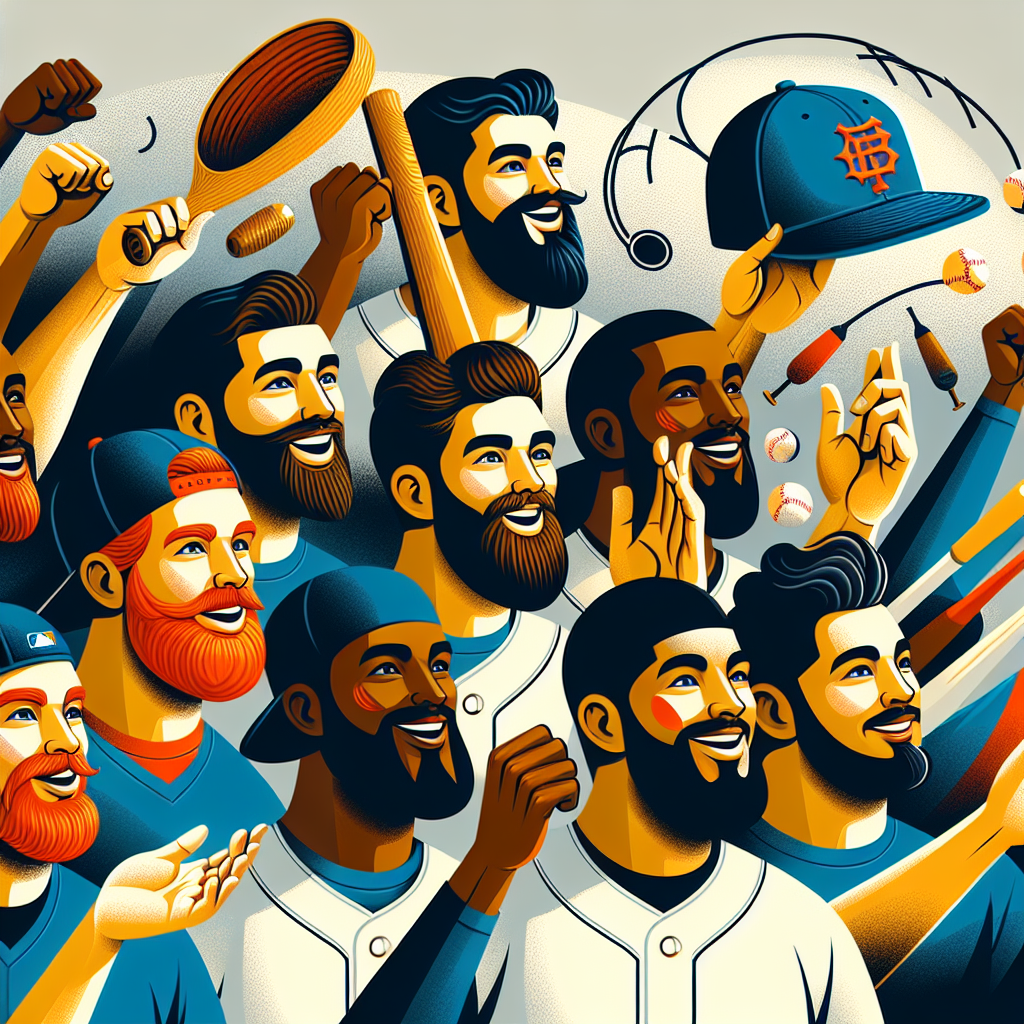
The Yankees’ beard ban ends, reflecting a cultural shift towards inclusivity and modern player identity.
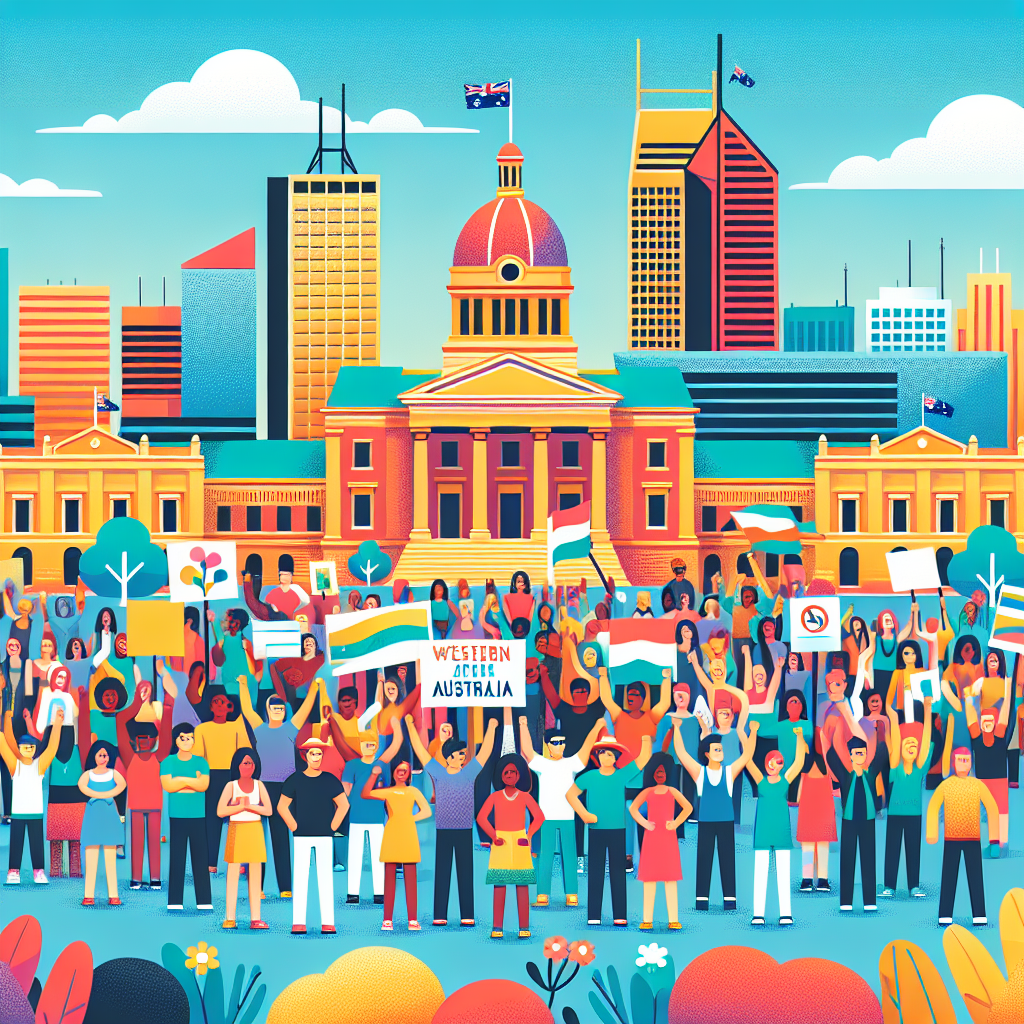
An Australian politician protests by changing his name to Austin Trump, criticizing the Labor Party.

Chengdu’s tourist village apologized for misleading visitors with artificial snow during an unusually warm holiday.

Four suspects staged bear attacks for insurance fraud, costing companies over $141,000.

Magnus Carlsen’s withdrawal from the championships highlights tensions between personal expression and strict tournament regulations.
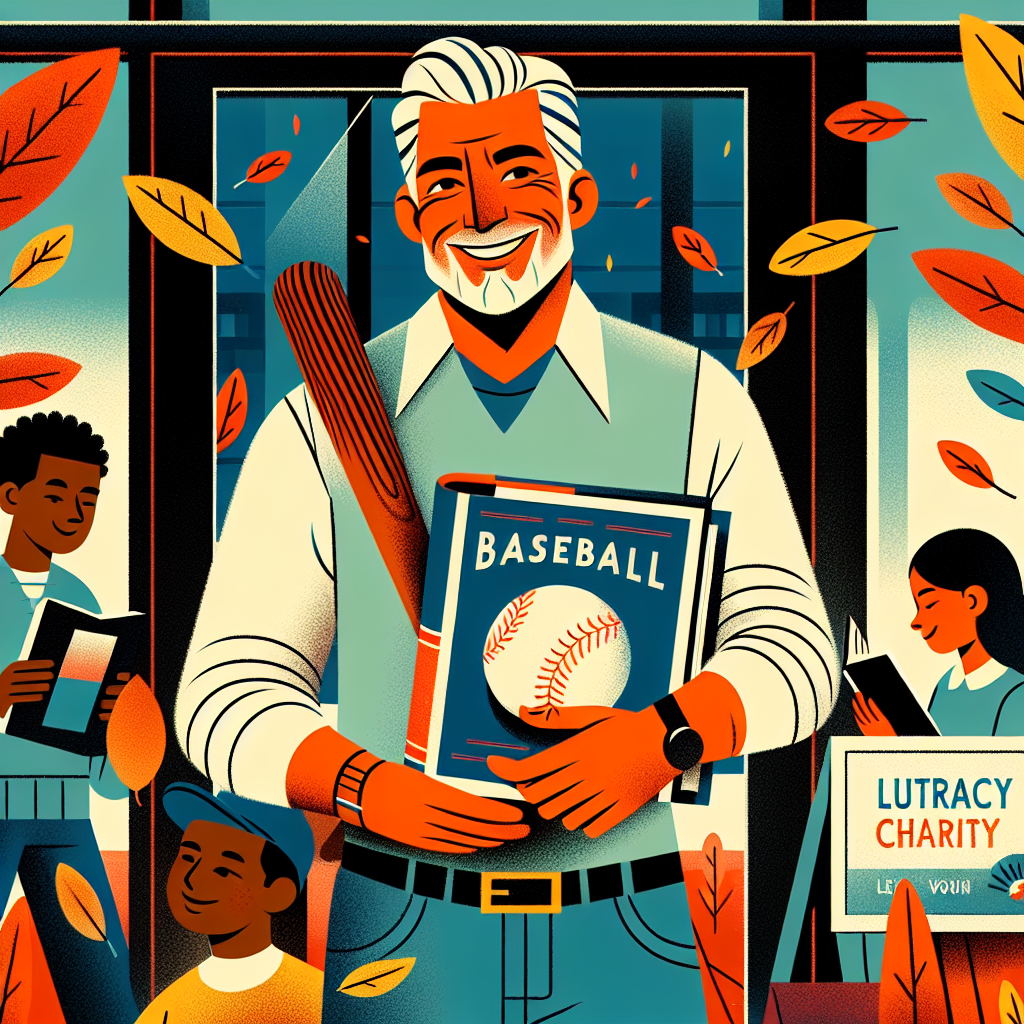
Chuck Hildebrandt’s overdue book return sparks a charitable campaign supporting literacy, raising over $4,500.
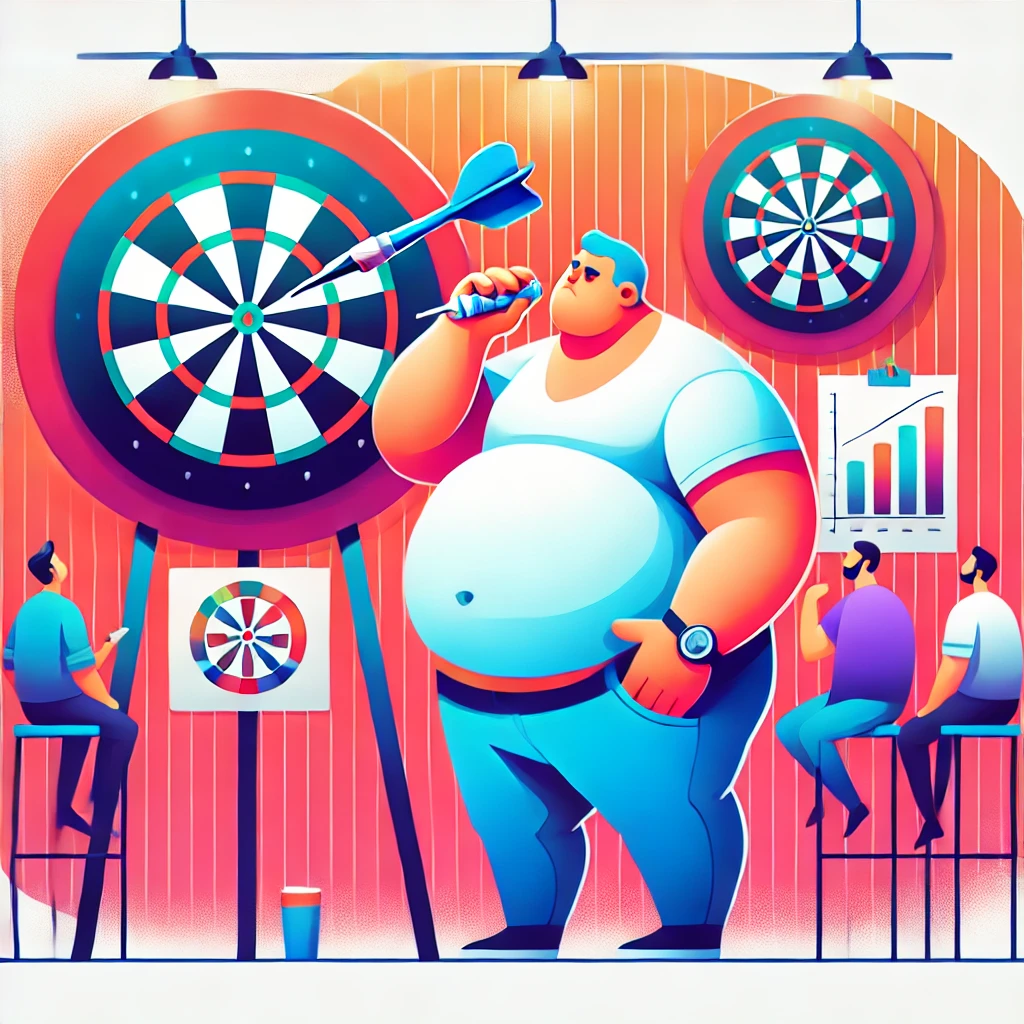
Dartitis reveals the hidden mental health struggles athletes face, emphasizing the need for supportive treatment.
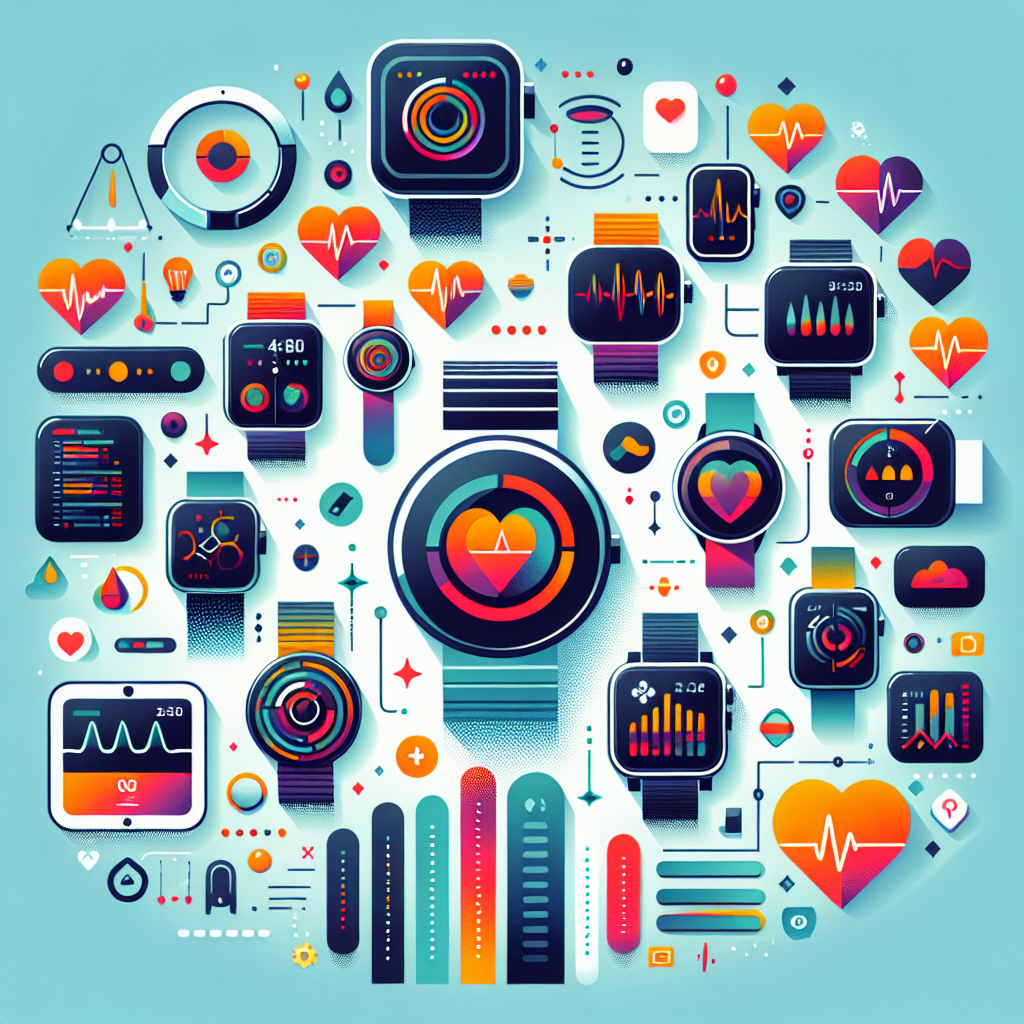
Wearable technology promises health insights but raises concerns about data reliability and patient anxiety.

AI technology is set to revolutionize early diabetes detection by analyzing ECG data for subtle risks.

Shri Mahila Griha Udyog empowers over 45,000 women, blending tradition with financial independence and community.

Apple settles a lawsuit for $95 million over alleged eavesdropping via Siri, avoiding trial risks.
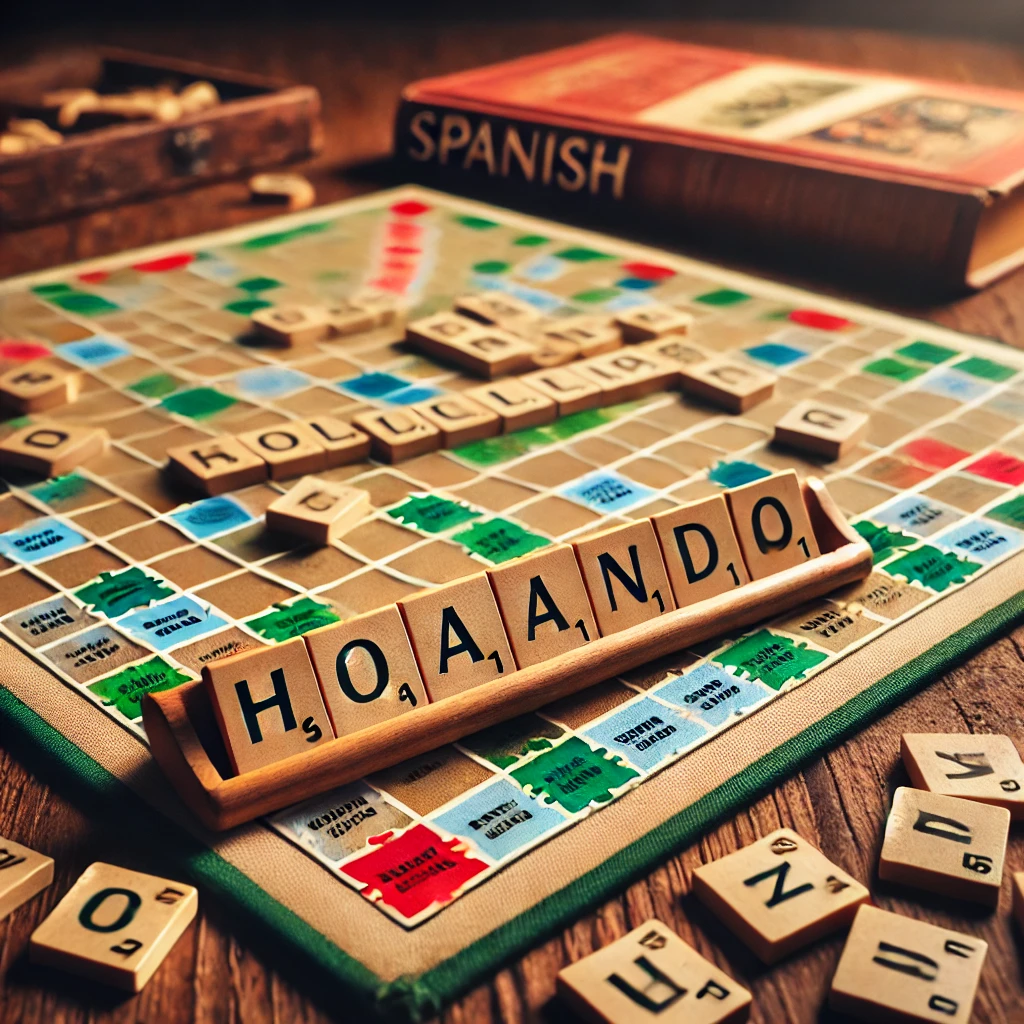
Nigel Richards wins Spanish Scrabble title without speaking the language, showcasing extraordinary memorization skills.

Merriam-Webster’s word of the year, “polarization,” captures the deep divisions shaping the 2024 election.

A severe cold snap is gripping the UK, bringing snow and health alerts for vulnerable populations.
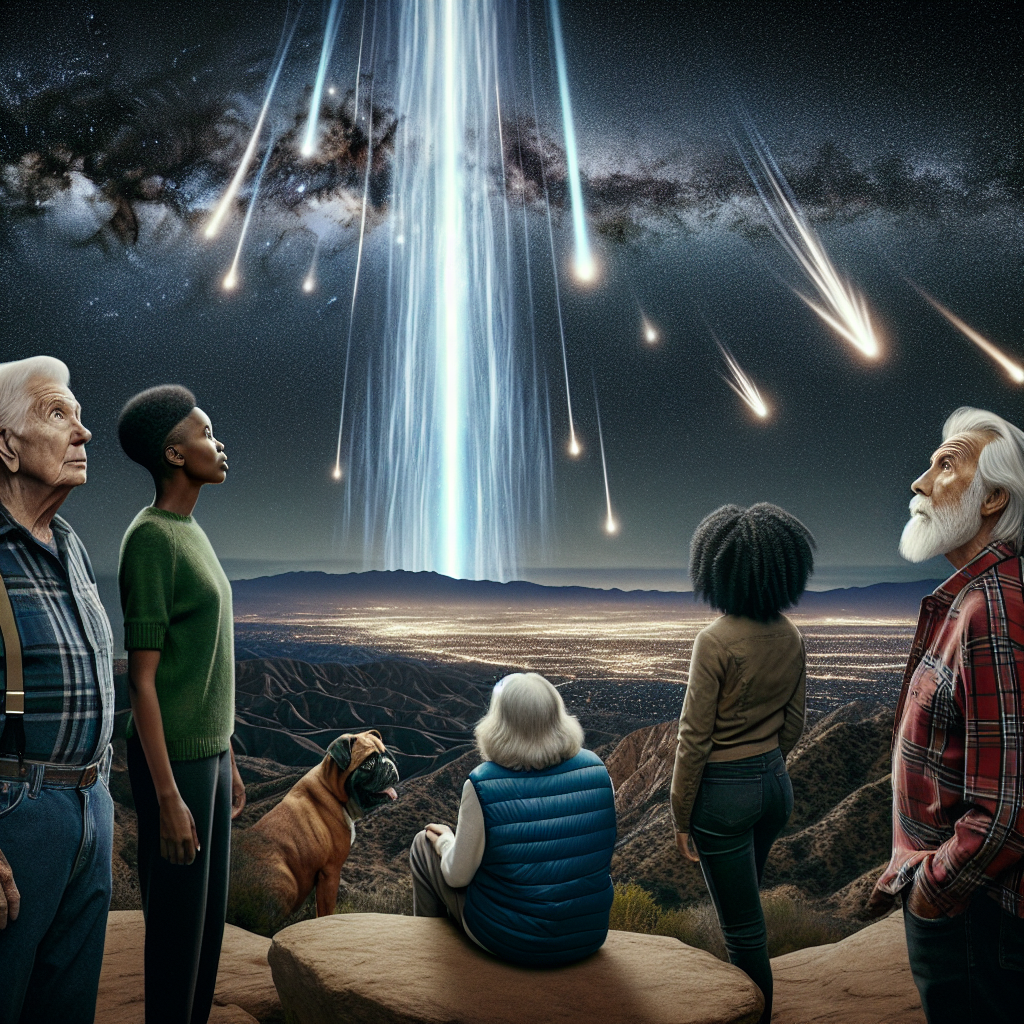
Mysterious streaks of light in southern California sky baffle residents and experts, with possible explanations ranging from space debris to extraterrestrial activity.

Scientists have discovered a “perfect solar system” located 100 light years away from Earth, offering a unique opportunity to study planet formation and the potential for hosting life.
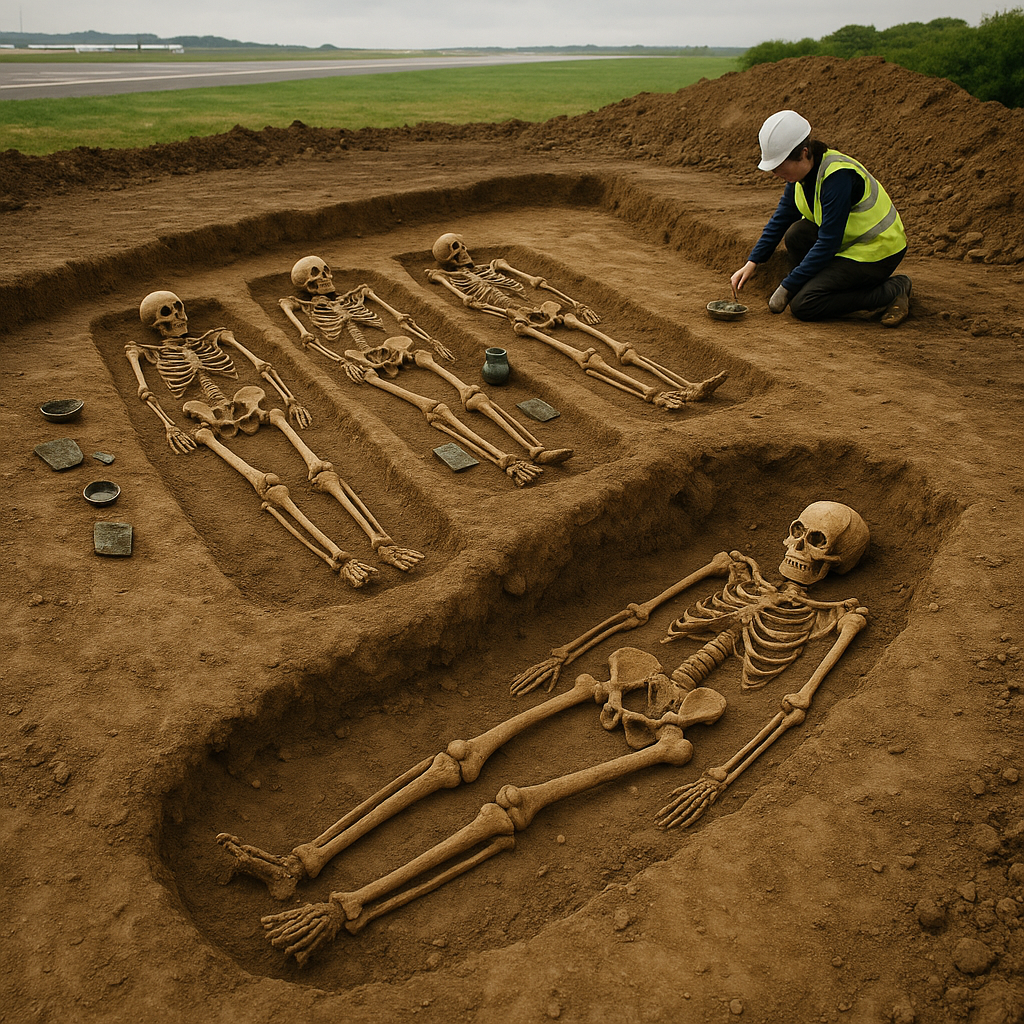
A medieval cemetery near Cardiff Airport reveals intriguing insights into a complex, undocumented community.

Dartitis reveals the hidden mental health struggles athletes face, emphasizing the need for supportive treatment.
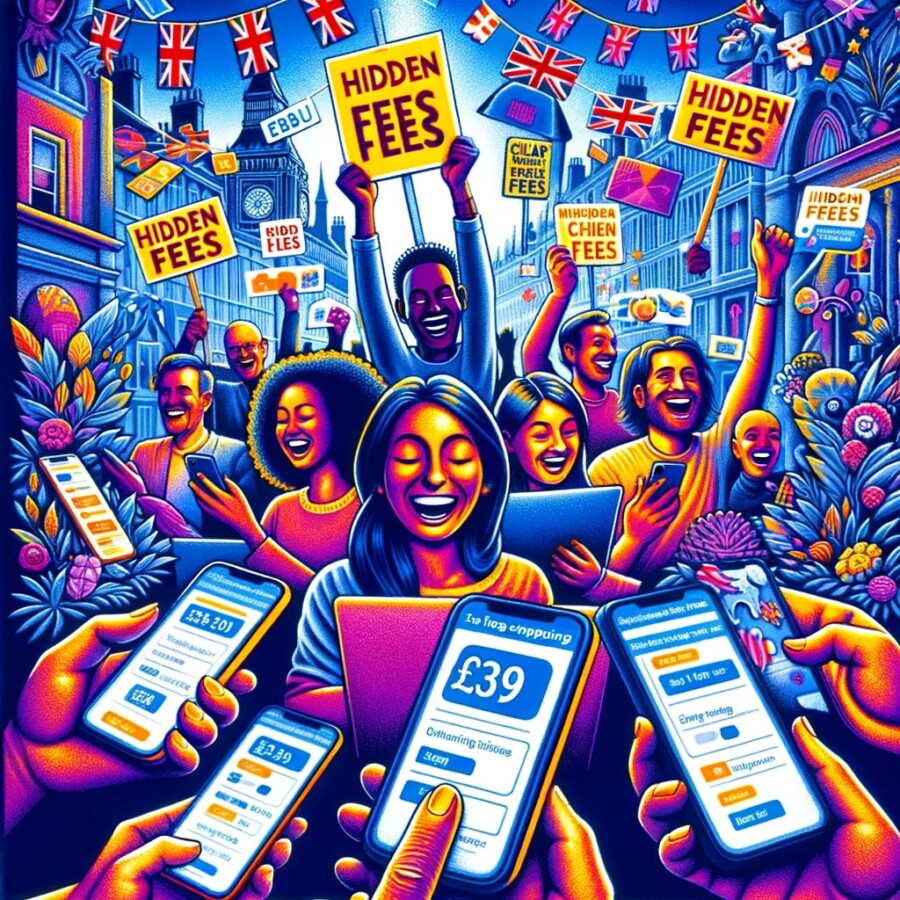
UK government to ban “drip pricing” and fake reviews, aiming to improve consumer transparency and protect customers from hidden fees and misleading information.
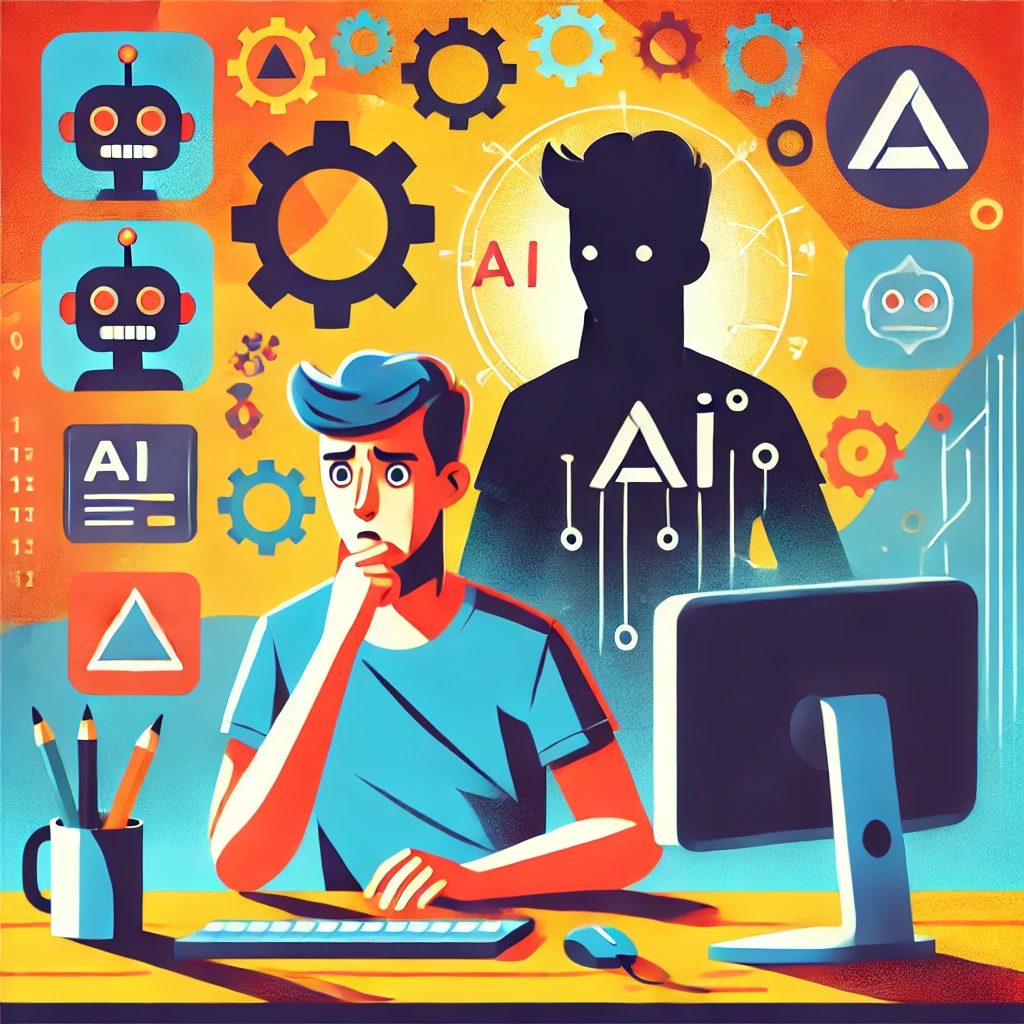
Developers fear AI’s rise may threaten jobs and diminish the unique creativity in gaming.
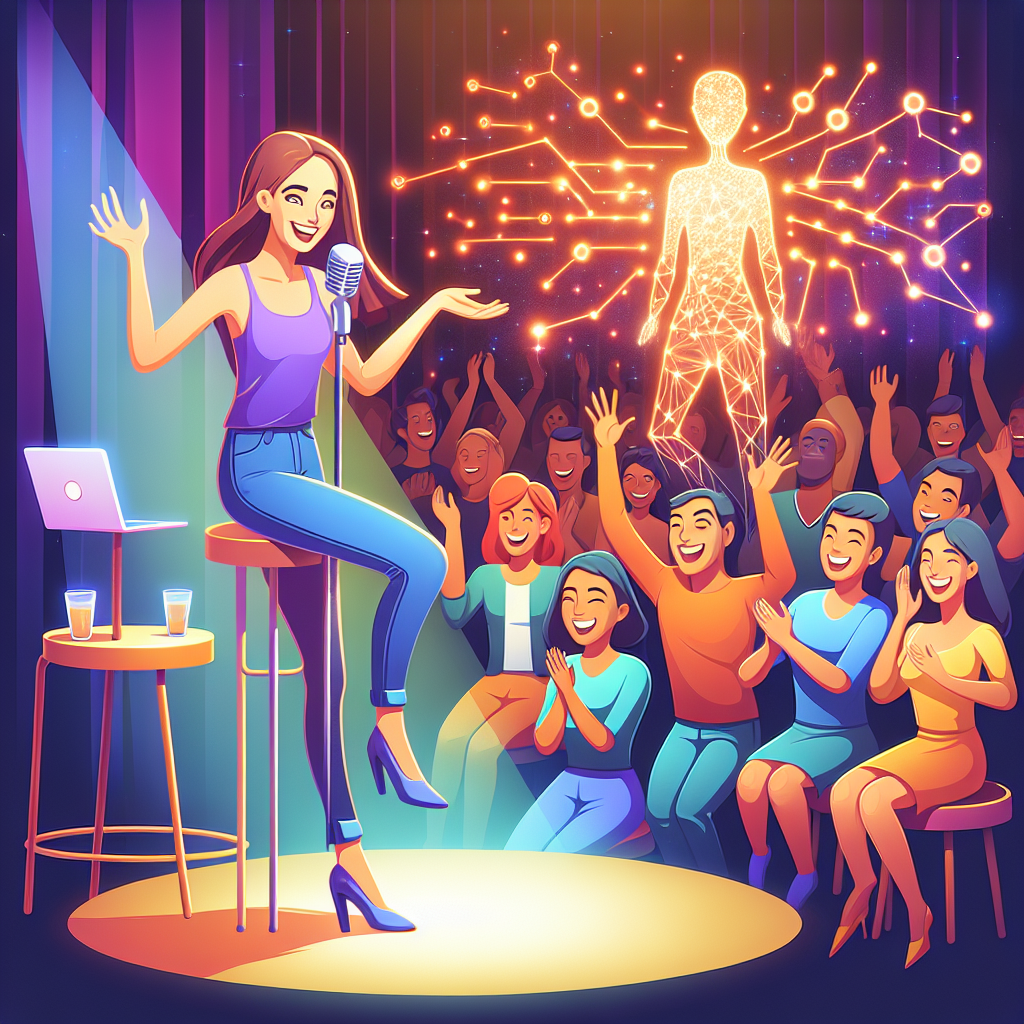
Comedians explore AI for joke writing, blending human creativity with technology for innovative shows.

Groundbreaking implant restores ability to walk for man with advanced Parkinson’s disease, offering hope for others.

K-pop fans’ obsession with their idols’ private lives raises questions about the boundaries of fandom.
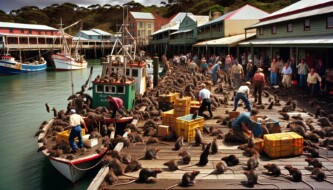
Rat and mouse plague hits fishing towns in Queensland, causing havoc and concern for residents.

19-year-old pianist Yunchan Lim, known as “classical music’s answer to K-pop,” has signed an exclusive record deal with Decca Records in the UK, choosing the label for its sound quality and work with legendary musicians.
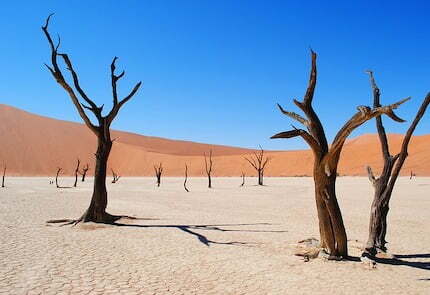
African leaders propose global carbon tax regime to help poorer nations cope with climate change.
Rock band Kiss has used avatar technology developed for the Abba Voyage show to ensure their digital immortality, with plans for future concerts, rock operas, musicals, or adventures.
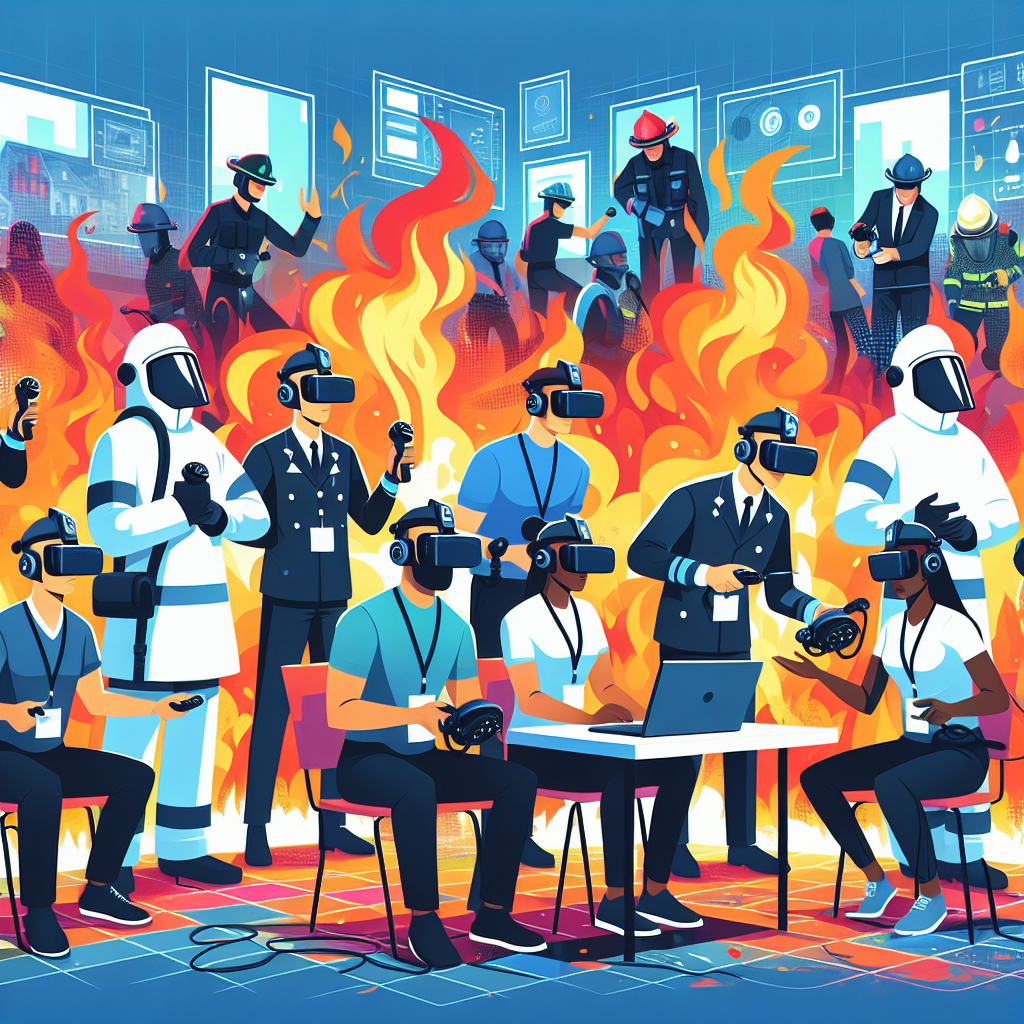
Virtual reality is transforming fire investigation training, enhancing analysis and understanding of fire behavior.
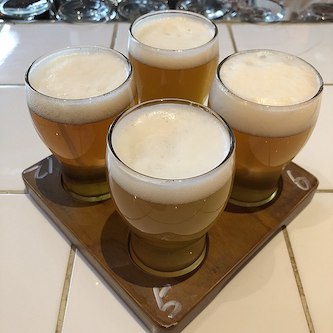
Berkeley Yeast modifies yeast for beer flavors, while Carlsberg focuses on traditional breeding methods.


영국 랭커스터 대학교(Lancaster University)에서 한국인 영어 학습자분들을 대상으로 새로운 연구 프로젝트를 진행합니다. 전 과정 온라인으로 진행되어 어디서든 편하게 참여하실 수 있습니다. 여러분의 소중한 참여로 한국인의 영어 사용 방식을 알아보는 흥미로운 연구가 완성됩니다.
🎁 참여 혜택:
– 원어민 연구원과의 1:1 회화 연습
– 실전 영작 연습 & 맞춤형 영어 피드백 리포트
– 커피 기프티콘 총 3잔 선물! (첫 세션 후 1잔, 마지막 세션 완료 후 2잔 더 드려요! ☕☕)
📅 참여 방식: 총 2회의 온라인 세션 (Zoom 등을 이용, 각 세션당 약 60~80분 소요) 말하기와 쓰기 활동이 섞여 있어 부담 없이 즐겁게 참여하실 수 있습니다.
✅ 대상: 영어 실력에 상관없이 참여를 희망하는 18세 이상 한국인 누구나